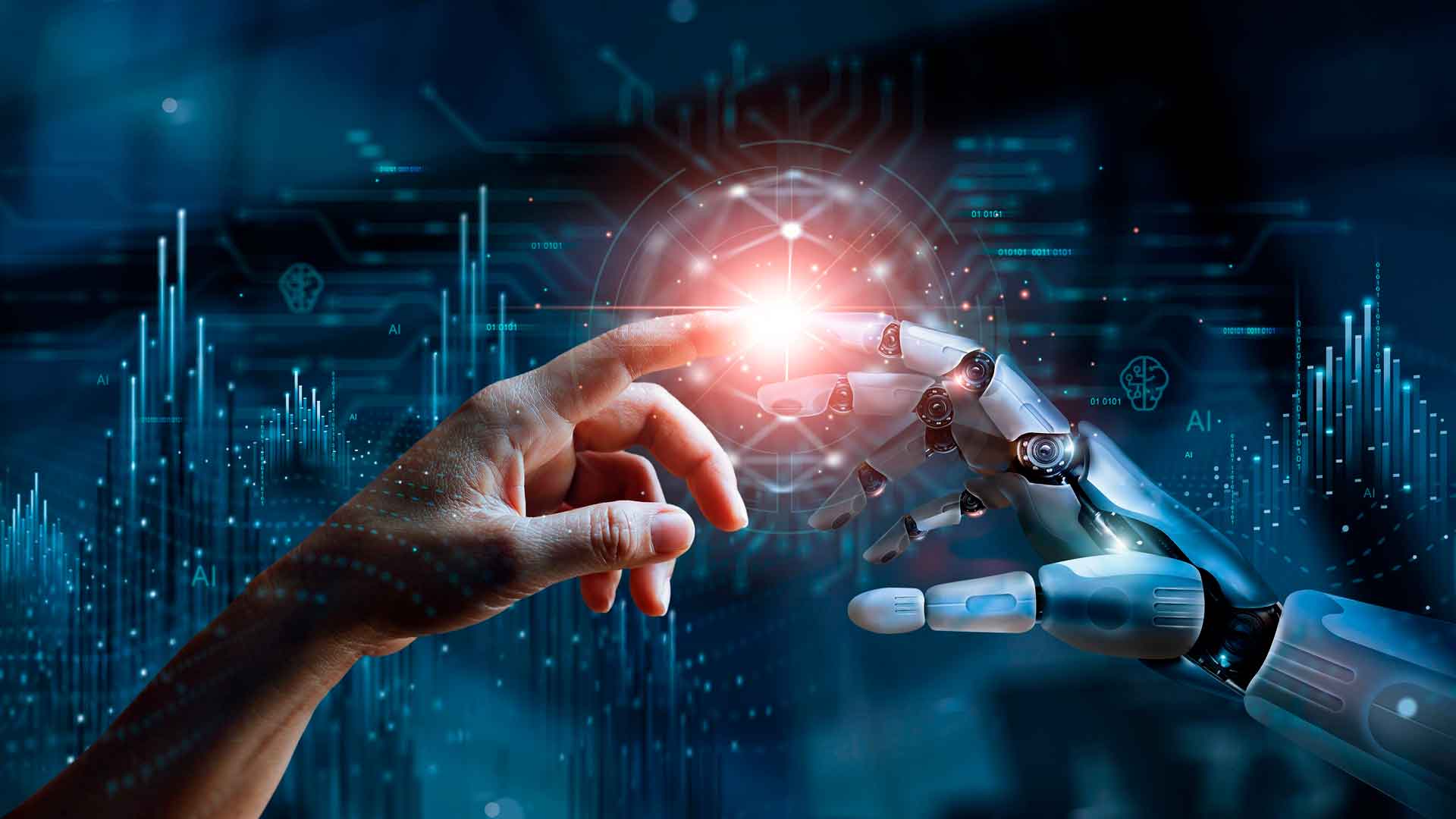
Technology is changing our world at an impressive speed! Its sweeping modifications can be discovered everywhere and they can be referred to as both thrilling, and at the very same time frightening. Although people in lots of parts of the world are still trying to come to terms with earlier technological transformations in addition to their sweeping social and instructional ramifications - which are still unfolding, tandme.co.uk they have actually been awoken to the reality of yet another digital revolution - the AI transformation.
Expert System (AI) innovation describes the capability of a digital computer or computer-controlled robot to perform tasks that would otherwise have been brought out by humans. AI systems are developed to have the intellectual processes that identify humans, such as the capability to reason, discover significance, generalize or learn from past experience. With AI innovation, huge quantities of details and text can be processed far beyond any human capacity. AI can also be utilized to produce a large variety of brand-new material.

In the field of Education, AI technology comes with the prospective to allow brand-new types of teaching, discovering and academic management. It can also boost discovering experiences and assistance teacher tasks. However, in spite of its favorable capacity, AI also positions considerable threats to students, the teaching neighborhood, education systems and society at large.
What are a few of these threats? AI can minimize mentor and discovering processes to computations and automated jobs in ways that devalue the role and influence of instructors and weaken their relationships with learners. It can narrow education to only that which AI can process, design and deliver. AI can likewise get worse the worldwide lack of certified instructors through out of proportion costs on technology at the expenditure of financial investment in human capacity development.

Making use of AI in education also creates some basic questions about the capability of teachers to act actively and wiki.tld-wars.space constructively in figuring out how and when to make judicious usage of this innovation in an effort to direct their professional growth, discover services to obstacles they deal with and improve their practice. Such basic questions consist of:
· What will be the role of teachers if AI innovation end up being extensively carried out in the field of education?
· What will evaluations look like?

· In a world where generative AI systems appear to be establishing new abilities by the month, what skills, outlooks and proficiencies should our education system cultivate?
· What modifications will be needed in schools and beyond to help students strategy and annunciogratis.net direct their future in a world where human intelligence and machine intelligence would seem to have become ever more carefully connected - one supporting the other and vice versa?
· What then would be the function or photorum.eclat-mauve.fr role of education in a world dominated by Artificial Intelligence innovation where people will not always be the ones opening new frontiers of understanding and understanding?
All these and more are intimidating concerns. They require us to seriously think about the concerns that develop regarding the execution of AI innovation in the field of education. We can no longer simply ask: 'How do we prepare for an AI world?' We must go deeper: 'What should a world with AI appear like?' 'What roles should this effective innovation play?' 'On whose terms?' 'Who decides?'
Teachers are the main users of AI in education, and they are expected to be the designers and facilitators of trainees' learning with AI, the guardians of safe and ethical practice throughout AI-rich educational environments, and to function as function models for lifelong discovering AI. To presume these responsibilities, timeoftheworld.date teachers require to be supported to develop their capabilities to utilize the potential advantages of AI while alleviating its risks in education settings and broader society.
AI tools must never ever be developed to change the genuine responsibility of teachers in education. Teachers need to stay accountable for pedagogical decisions in using AI in teaching and in facilitating its usages by trainees. For instructors to be responsible at the practical level, a pre-condition is that policymakers, teacher education organizations and schools presume responsibility for preparing and supporting teachers in the appropriate use of AI. When presenting AI in education, legal protections need to likewise be established to protect teachers' rights, and long-lasting financial dedications need to be made to ensure inclusive gain access to by teachers to technological environments and basic AI tools as essential resources for adjusting to the AI era.
A human-centered technique to AI in education is critical - an approach that promotes key ethical and
practical principles to assist manage and direct practices of all stakeholders throughout the entire life cycle of AI systems. Education, offered its function to protect in addition to help with development and prawattasao.awardspace.info knowing, has an unique responsibility to be totally aware of and responsive to the risks of AI - both the known threats and those only just emerging. But frequently the risks are overlooked. The use of AI in education therefore requires mindful consideration, including an evaluation of the progressing roles teachers require to play and lespoetesbizarres.free.fr the proficiencies required of teachers to make ethical and efficient usage of Expert system (AI) Technology.
While AI offers opportunities to support instructors in both teaching in addition to in the management of discovering processes, meaningful interactions between teachers and students and human growing must stay at the center of the instructional experience. Teachers need to not and can not be replaced by technology - it is important to safeguard instructors' rights and guarantee appropriate working conditions for them in the context of the growing usage of AI in the education system, in the workplace and in society at large.








